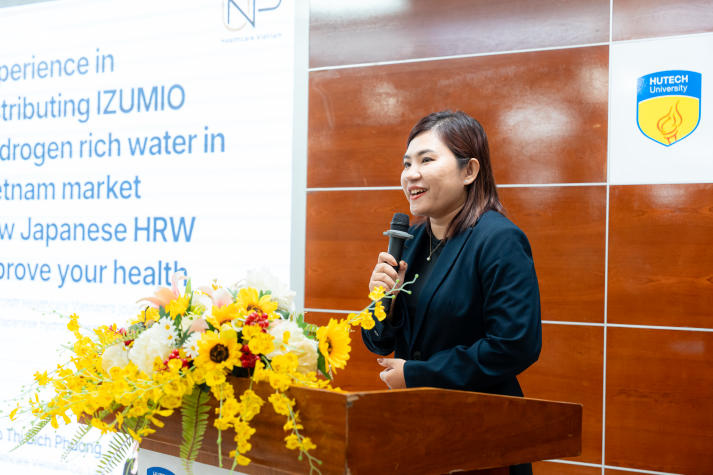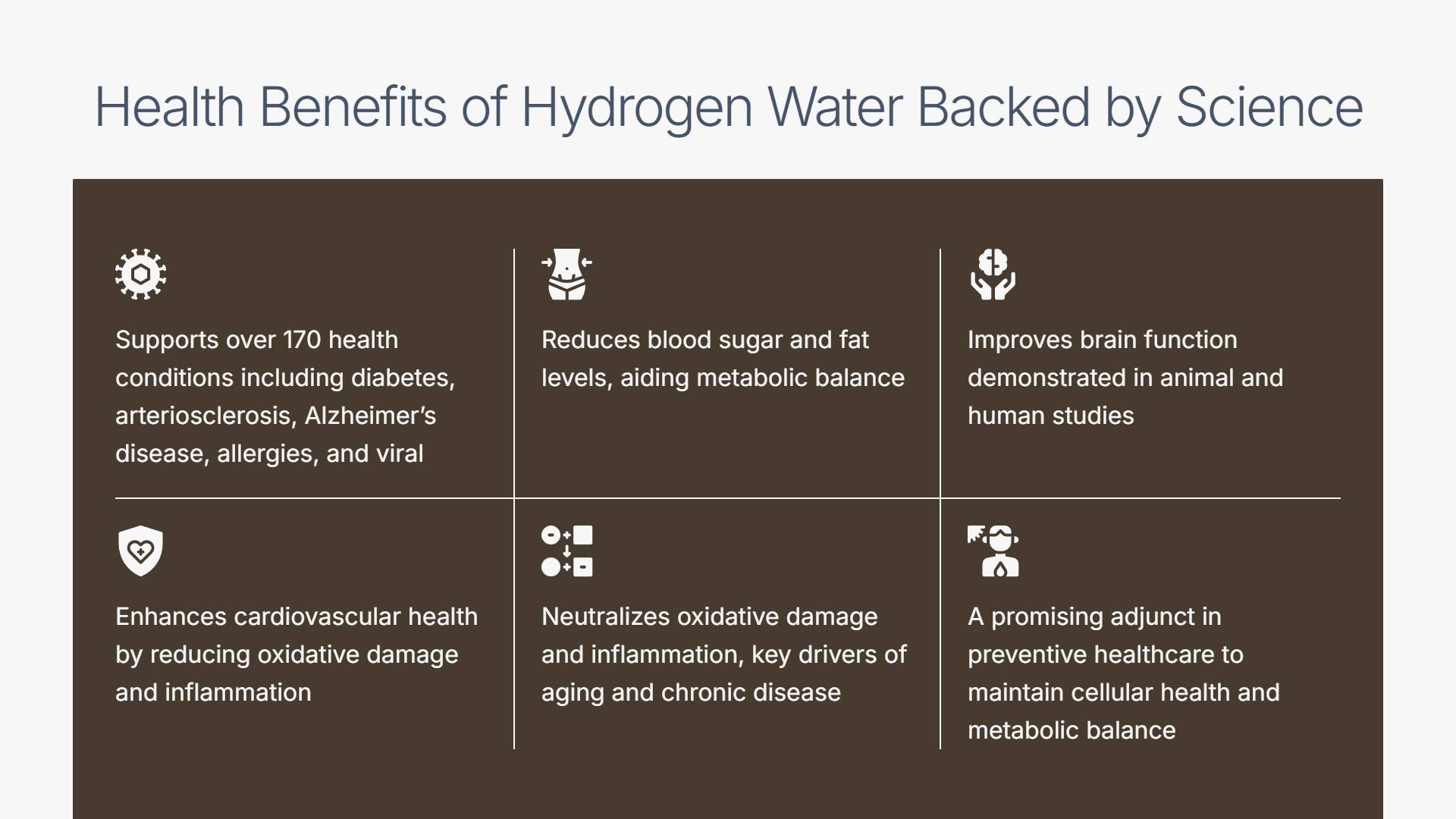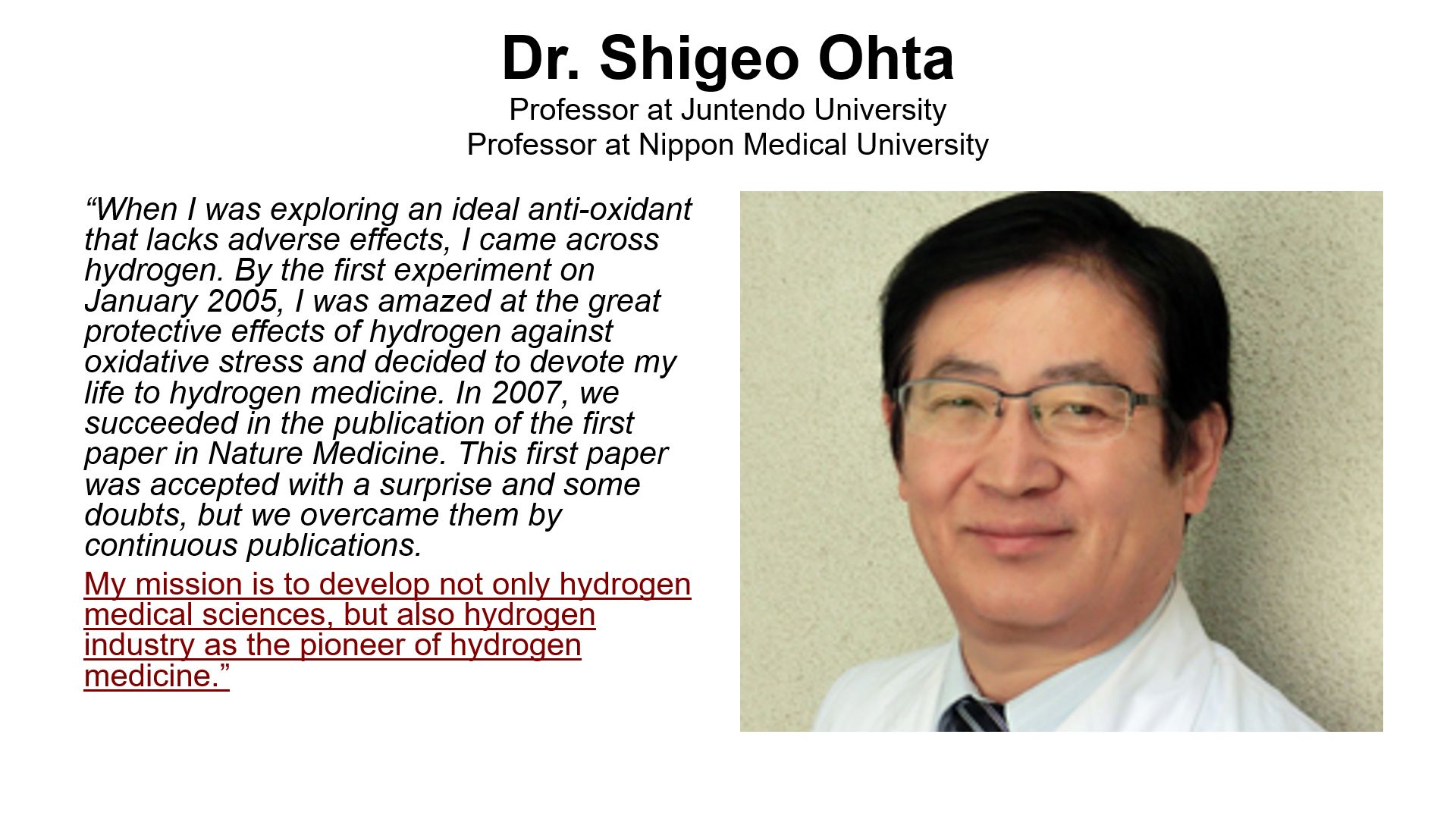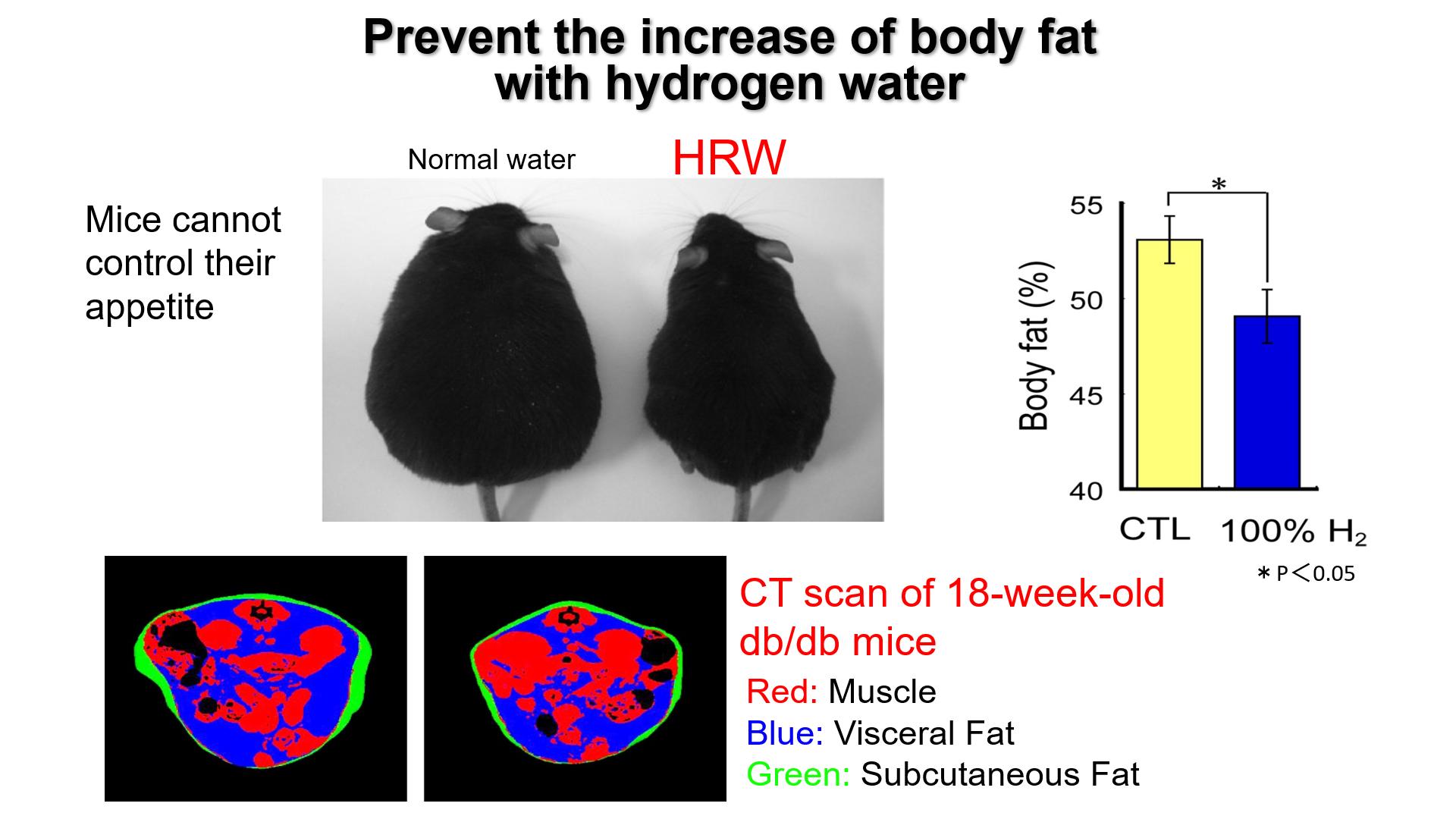Hydrogen and Metabolic Medicine: When Clean Energy Becomes the Power of Healing

Ho Chi Minh City, October 2025 — At the Vietnam–Japan Hydrogen Workshop 2025, one of the most compelling presentations came not from an engineer or an energy executive, but from a healthcare professional.
Ms. Ho Thi Bich Phuong, representing UNP Healthcare, introduced a pioneering perspective that transcends traditional energy discourse — revealing how hydrogen, long celebrated as a clean industrial fuel, is now emerging as a biological molecule with profound therapeutic potential in metabolic health, disease prevention, and cellular rejuvenation.
From Chemical Energy to Biological Energy
According to Ms. Phuong, hydrogen has entered a new era of research — shifting from its role in energy generation to becoming an integral part of medical and biological science.
With its ultra-small molecular size, hydrogen (H₂) can penetrate cell membranes, reaching mitochondria and nuclei, where it modulates cellular processes and protects vital biomolecules from oxidative stress.
This unique property enables hydrogen to act as a selective antioxidant, neutralizing only the most harmful free radicals — such as hydroxyl radicals (•OH) — without interfering with necessary oxidative reactions that sustain metabolism.
“Hydrogen doesn’t behave like a conventional antioxidant,” Ms. Phuong explained. “It’s an intelligent molecule — precise, selective, and restorative — capable of restoring biological balance from the inside out.”
Scientific Evidence: Hydrogen and Metabolic Health
Drawing upon clinical data from Japan and other research hubs, Ms. Phuong presented evidence showing hydrogen’s beneficial effects on fat metabolism, glucose regulation, and mitochondrial performance — three key pillars of metabolic health.
Clinical trials using hydrogen-rich water and hydrogen inhalation therapy demonstrated measurable outcomes:
-
Reduced visceral and total body fat after 4–8 weeks of regular use
-
Improved mitochondrial efficiency, enhancing energy metabolism
-
Decreased LDL cholesterol and triglycerides, with an increase in HDL levels
-
Lower markers of inflammation and oxidative stress, such as CRP and MDA
These results, Ms. Phuong emphasized, illustrate hydrogen’s ability to improve metabolic balance naturally, without adverse effects — offering a safe, non-invasive therapeutic pathway for modern health challenges like obesity, diabetes, and cardiovascular diseases.
“What’s remarkable,” she noted, “is that hydrogen doesn’t force the body to change — it simply allows the body to restore its own equilibrium.”
Hydrogen and Cellular Anti-Aging
Another key insight from Ms. Phuong’s presentation focused on hydrogen’s role in cellular rejuvenation and anti-aging.
Hydrogen, she explained, activates the Nrf2 genetic pathway, triggering the production of the body’s own antioxidant enzymes such as superoxide dismutase (SOD) and glutathione peroxidase (GPx) — two of the most potent natural defenses against cellular aging.
Simultaneously, hydrogen modulates the AMPK/mTOR signaling pathway, which governs cellular energy usage, autophagy, and lifespan regulation.
Through these mechanisms, hydrogen not only reduces inflammation but also enhances regeneration, leading to tangible benefits such as improved skin condition, better sleep, faster recovery, and higher overall vitality.
“Hydrogen works at the deepest level — in the mitochondria,” Ms. Phuong explained. “It supports the body’s natural ability to renew itself, molecule by molecule.”

Hydrogen as a Preventive Medicine Platform
In conclusion, Ms. Phuong positioned hydrogen not as a luxury wellness trend, but as a foundation for preventive and functional medicine.
With chronic illnesses linked to environmental pollution, stress, and aging on the rise, hydrogen offers a scientifically grounded, low-risk intervention that can be incorporated into daily life through hydrogen water, inhalation therapy, or integrated wellness programs.
At UNP Healthcare, Ms. Phuong and her team are developing a Hydrogen Healthcare Ecosystem — combining technology, nutrition, and therapy to create a comprehensive, data-driven model for human wellness.
“If clean energy can help restore the planet,” she concluded, “then hydrogen can help restore the human body. It’s the same principle — energy renewal, just on a cellular scale.”

The Vietnamese Perspective: Bridging Energy and Life Sciences
Vietnam, now advancing its National Hydrogen Strategy alongside a booming healthcare and wellness industry, stands at a unique crossroads.
Ms. Phuong’s insights highlight a future where hydrogen bridges the gap between renewable energy and human longevity, forming part of a broader ecosystem that merges clean technology, biotechnology, and preventive healthcare.

Conclusion
Ms. Ho Thi Bich Phuong’s presentation underscored a transformative message:
Hydrogen is no longer just the fuel that powers machines — it is the energy that sustains life.
Her research embodies a vision where the transition to clean energy also becomes a transition toward healthier, more balanced, and regenerative living — for both the planet and its people.





